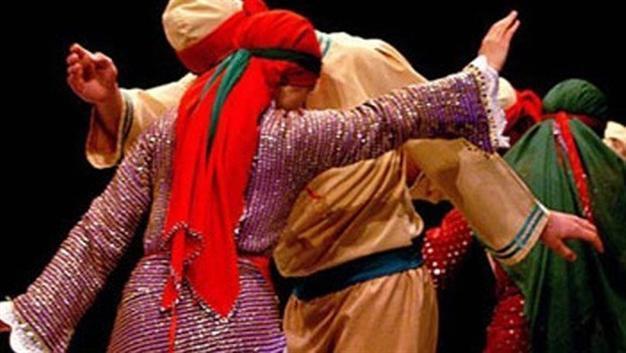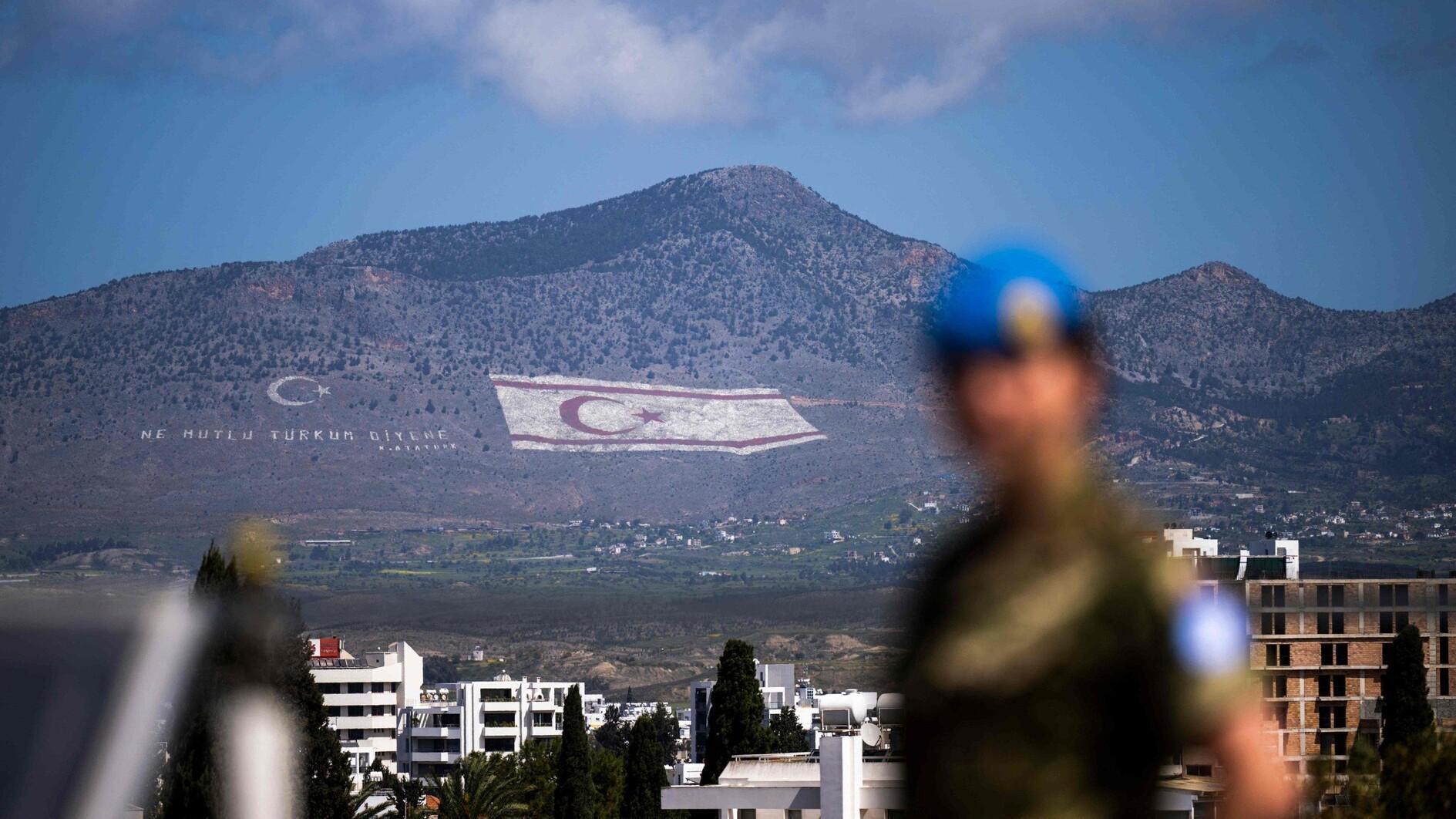US report on religious freedom says Turkey has ‘serious violations’
ISTANBUL
 The United States Commission on International Religious Freedom (USCIRF) has released its annual report for 2016, where it once again categorized Turkey as a Tier 2 country, defined as a place where rights violations are “serious.” The report noted some improvements in the country’s record in terms of minority religious celebrations and compensation for minorities’ expropriated properties, while also calling for further improvements such as recognizing Alevi houses of worship (cemevis), abolishing mandatory religious classes and opening the Greek Orthodox Halki Seminary.
The United States Commission on International Religious Freedom (USCIRF) has released its annual report for 2016, where it once again categorized Turkey as a Tier 2 country, defined as a place where rights violations are “serious.” The report noted some improvements in the country’s record in terms of minority religious celebrations and compensation for minorities’ expropriated properties, while also calling for further improvements such as recognizing Alevi houses of worship (cemevis), abolishing mandatory religious classes and opening the Greek Orthodox Halki Seminary.An independent advisory body to the U.S. government, the USCIRF releases annual reports on the state of religious freedoms across the world and makes policy recommendations.
As part of its 2016 report, Turkey was once again categorized as a Tier 2 country where “the violations engaged in or tolerated by the government are serious and are characterized by at least one of the elements of the ‘systematic, ongoing and egregious.’”
In its findings, the commission said some improvement over the past few years was noted, as the ruling Justice and Development Party (AKP) government moved to return or pay compensation for the expropriated properties of religious minorities. The loosening restrictions of headscarves were also noted as a positive development, in addition to improvements on marking religious minorities’ celebrations.
“[The] Turkish government has shown that improvements for freedom of religion or belief are possible without a new constitution when sufficient political will is present,” the report said, while adding that their resolve “remains lacking on other issues, such as the long-promised reopening of the Greek Orthodox Halki Seminary.” While praising certain developments, the commission also warned against an overall deterioration in democracy and human rights as the government “increased restrictions on social media and cracked down on journalists and individuals or groups that criticize the government.”
The report listed Turkey’s constitution, based on a “strict” French version of secularism, compulsory religious education classes in primary and secondary schools, the listing of religious affiliation on national identity cards, anti-Semitism and denials of access to Halki as issues of concern with regards to religious freedoms.
According to the USCIRF, textbooks in mandatory religion classes included limited and misleading information about religions other than Islam and “linked atheism with the concept of Satanism.”
The commission called on Turkey to institute a system whereby students can be exempt from these classes without having to reveal their religious affiliation, a precondition under the current system.
In its recommendations, the commission also asked Turkey to recognize cemevis as official places of worship and reopen the Halki Seminary, alongside the seminaries of other religious communities.
The European Court of Human Rights (ECHR) recently found Turkey guilty of violating the religious freedom of Alevis and discriminating against them by withholding public funds for Alevi cemevis “with no objective and reasonable justification.”
“The assessment made by the domestic authorities of the Alevi faith equates in particular to a refusal to recognize the religious nature of that faith. This also has numerous consequences liable to adversely affect, among other matters, the organization and continuation of the religious activities of the Alevi faith and their funding,” the ECHR ruled.
















